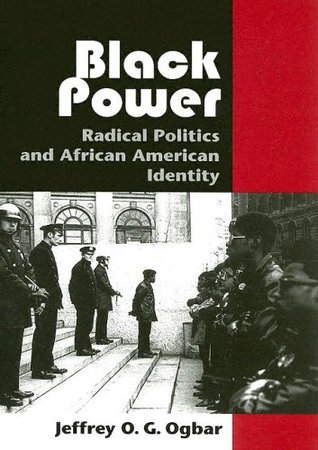

Most ebook files are in PDF format, so you can easily read them using various software such as Foxit Reader or directly on the Google Chrome browser.
Some ebook files are released by publishers in other formats such as .awz, .mobi, .epub, .fb2, etc. You may need to install specific software to read these formats on mobile/PC, such as Calibre.
Please read the tutorial at this link: https://ebookbell.com/faq
We offer FREE conversion to the popular formats you request; however, this may take some time. Therefore, right after payment, please email us, and we will try to provide the service as quickly as possible.
For some exceptional file formats or broken links (if any), please refrain from opening any disputes. Instead, email us first, and we will try to assist within a maximum of 6 hours.
EbookBell Team

4.7
56 reviewsIn the 1960s, the Nation of Islam and the Black Panther Party gave voice to many economically disadvantaged and politically isolated African Americans, especially outside the South. Though vilified as extremist and marginal, they were formidable agents of influence and change during the civil rights era and ultimately shaped the Black Power movement. In this fresh study, drawing on deep archival research and interviews with key participants, Jeffrey O. G. Ogbar reconsiders the commingled stories of and popular reactions to the Nation of Islam, Black Panthers, and mainstream civil rights leaders. Ogbar finds that many African Americans embraced the seemingly contradictory political agenda of desegregation and nationalism. Indeed, black nationalism was far more favorably received among African Americans than historians have previously acknowledged. Black Power reveals a civil rights movement in which the ideals of desegregation through nonviolence and black nationalism marched side by side.
Ogbar concludes that Black Power had more lasting cultural consequences among African Americans and others than did the civil rights movement, engendering minority pride and influencing the political, cultural, and religious spheres of mainstream African American life for the next three decades.